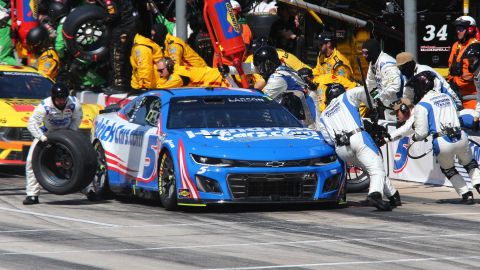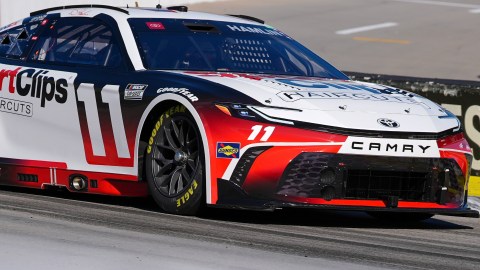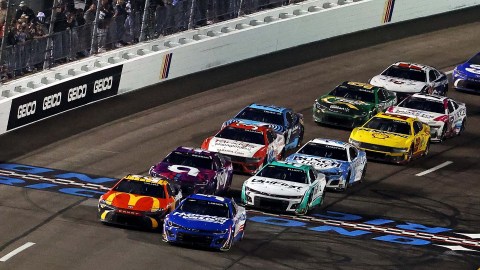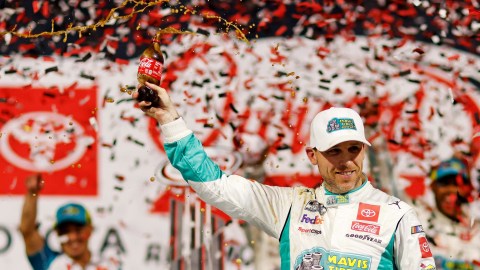Both on the road and under the hood, Teslas are capable of things many other vehicles are not. In one case, that may have had fatal consequences, according to the father of a victim in a fatal wreck.
Jon Speckman, whose daughter Casey died in Indianapolis on Nov. 3 after crashing a Tesla Model S into a tree, told The Indianapolis Star that his daughter still would be alive if she had been driving any vehicle other than a Telsa. Casey Speckman and her boss, Kevin McCarthy, who also died in the accident, both had blood-alcohol levels exceeding Indiana’s legal limit for vehicle operation.
Recently acquired video surveillance footage showed that prior to colliding with the tree, Casey had to avoid a wrong-way driver. And while Speckman acknowledged to the Star that his daughter should not have been driving intoxicated, he claimed the vehicle’s high-speed capabilities made evading the driver even more dangerous.
“This is a vehicle that travels from 0 to 60 in 3.1 seconds. She’s clearly having to swerve to miss a vehicle going the wrong way on a one-way street,” Speckman said told the Star on Friday. “If her foot should happen to hit the accelerator, it’s like a rocket ship. I don’t know why they have to make a car that does that.
“Had she been in another vehicle, she would have been alive for me to yell at her for driving after drinking.”
The car’s speed isn’t the only thing that might have played a factor in Speckman’s death, as the vehicle’s battery pack — which contains thousands of small lithium batteries — exploded after impact, causing a massive fire that investigators say contributed to the deaths. Small lithium batteries popping and exploding were reportedly found near the crash site.
The investigation still is ongoing, as it’s still not known how fast the Model S was traveling at the time of the accident. Tesla declined to comment to the Star about Speckman’s interview, instead referencing a statement it e-mailed Jan. 27 about the incident.
“We have been deeply saddened by this accident and have been working closely with authorities to facilitate their report,” Tesla said in the statement. “While it can be difficult to determine the precise speed of a vehicle in such a crash, the observed damage and debris field indicate a very high speed collision.”
These aren’t the first safety-related concerns raised about Tesla vehicles and their lithium batteries.
The National Highway Traffic Safety Administration on Jan. 19 concluded that no defects in Tesla’s Autopilot feature were discovered in relation to a 2016 accident that killed a Florida man. And as for lithium batteries, their fire risks have been highly publicized, thanks to the fire-prone Samsung Galaxy Note 7.
Thumbnail photo via Tesla




